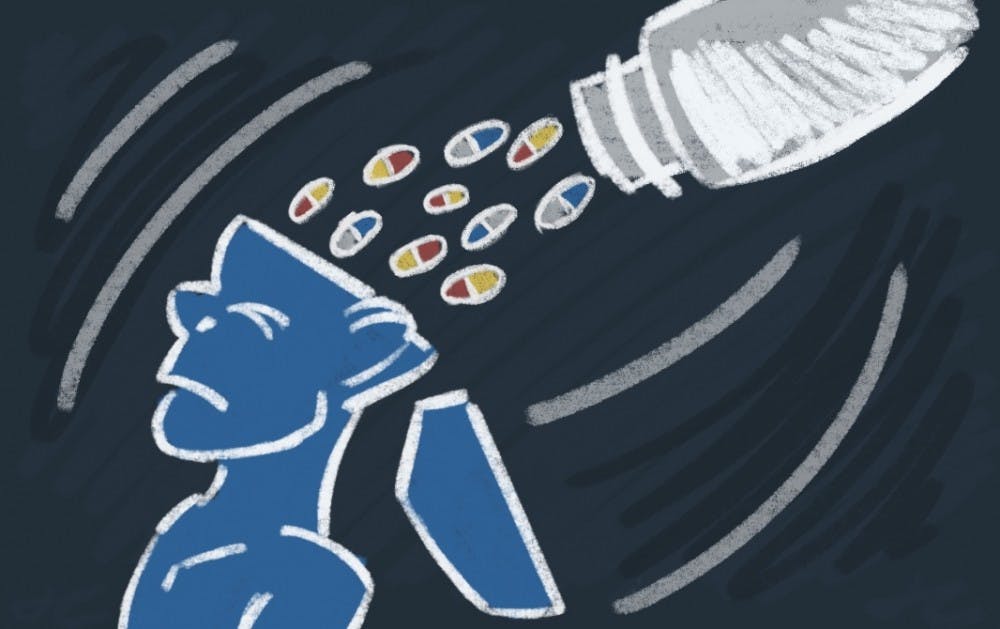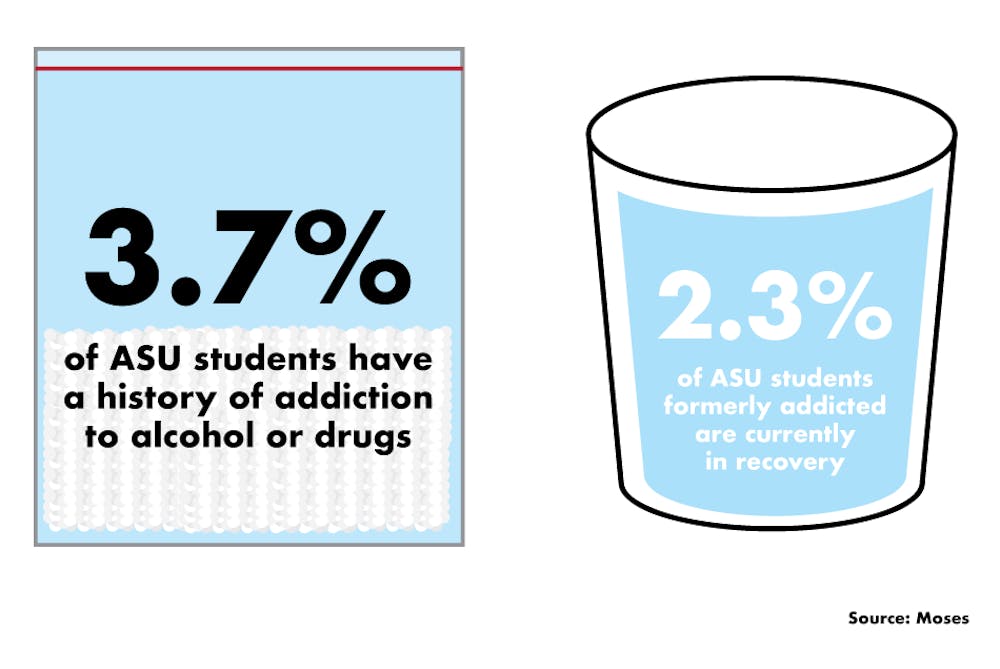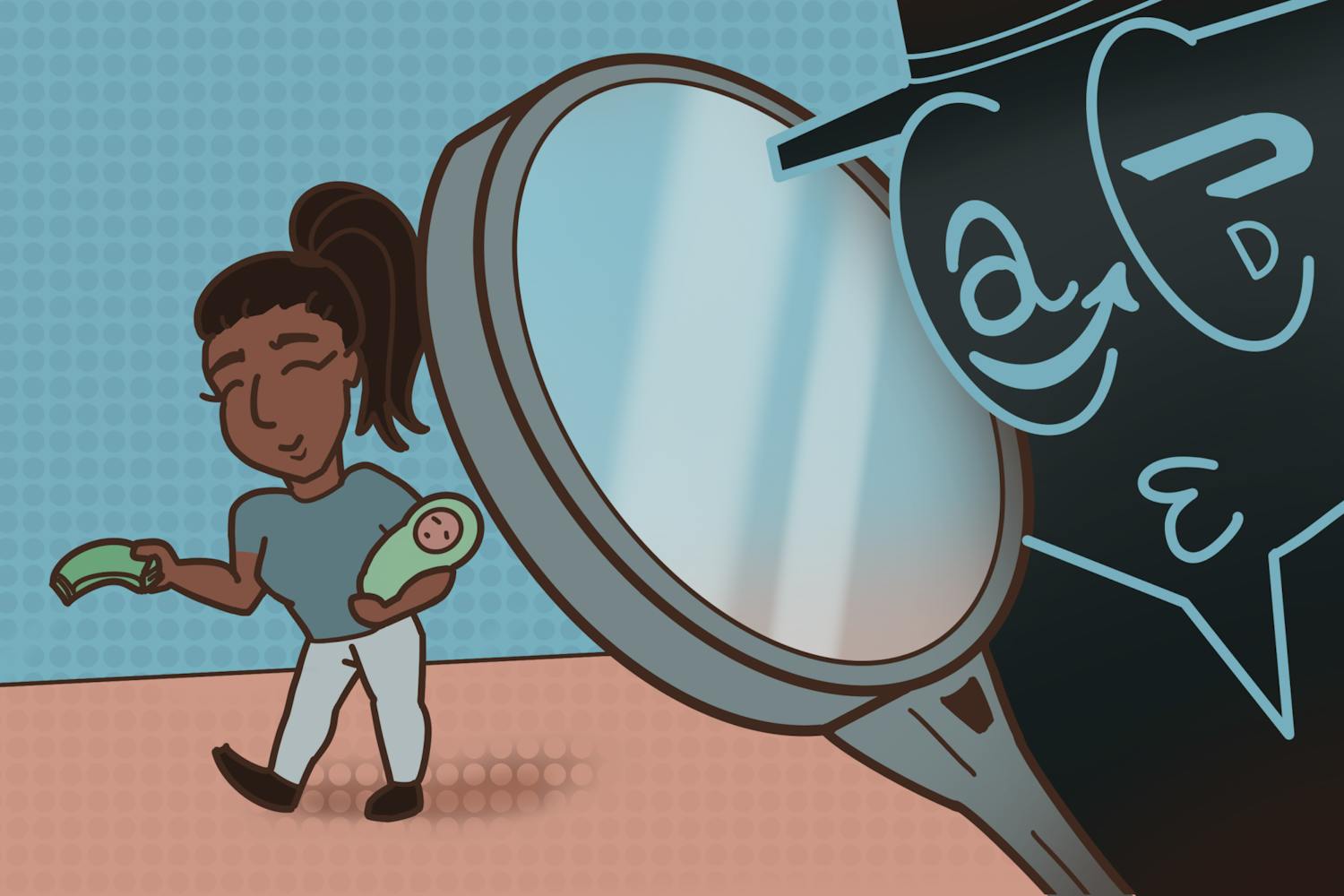After enduring a methamphetamine addiction, an abusive relationship and a death in his family, Nathaniel Harris, a religious studies senior, has been recovering from his drug habit for almost four years.
Now, Harris is the coordinator for ASU's Recovery Rising, a collegiate recovery program dedicated to supporting students throughout the recovery process, and plans to graduate next fall with a bachelor’s degree.
Harris said he began taking meth daily during his first year at ASU and became homeless after dropping out in the fall of 2013. However, he became sober in May 2014 and joined the program a year and a half ago.
"Recovery Rising has made me feel that I belong to a community,” Harris said. “This type of support lets you know that you're worth it. It helps you take it one day at a time and stay connected."
To facilitate the recovery process, the program organizes Alcoholics Anonymous meetings and announces Narcotics Anonymous meetings at ASU and neighboring communities through its social media pages.
The program also targets recovering students with events such as “12 Step Yoga Recovery Sessions."
In addition, Recovery Rising offers training about how to be an ally as well as educational activities including films screenings, discussions and social events.
Karen Moses, the director of wellness and health promotion at ASU, oversees Recovery Rising.
She said the collegiate recovery program was established in March 2016 to provide a space for students recovering from alcohol, drug and other addictions to connect and achieve their recovery and academic goals.
Moses said that, based on a random sample survey conducted last April, 3.7 percent of ASU students have a history of addiction to alcohol or other drugs.
Of those students, 2.3 percent were indicated to be in recovery, she said.
Moses said what differentiates addiction from recovery is that addiction controls a person, while during the recovery stage, the person has already taken steps to lead a substance-free life.
“Young people who are in recovery might choose not to pursue their college education ... because they’re worried that it might interfere with their recovery,” she said. “We wanted to create a way for students in recovery to see that this is an environment where they can thrive.”
According to research by addiction recovery expert Alexandre Laudet, retention and graduation rates for students who are part of collegiate recovery programs are higher than of the general student population by 5 percent and 21 percent, respectively.
Hugh Downs School of Human Communication director and ASU professor Linda Lederman has researched the role of communication in alcoholism and recovery in order to tackle the issue through storytelling.
“For people who have alcoholism, the role of storytelling has been a profound part of some of the recovery that’s been successful in this country,” Lederman said. “Alcoholics Anonymous and 12 Step programs are about people who share the same problem getting together and talking about what it’s like to experience addiction.”
Liz Athens, a lecturer at the School of Social Work and member of the Recovery Rising advisory board, said that about one in 10 college students ends up developing a substance use disorder.
She said she recommends that students experiencing addiction contact counseling services at ASU and seek help from the University.
“With shame and stigma, it's very easy for people to not reach out and ask for help,” Athens said. “Those students who are not in addiction or recovery can become allies and help their friends ... by remaining open to listening to their stories and not giving up on (them).”
Reach the reporter at afalero1@asu.edu or follow @afalero17 on Twitter.
Like The State Press on Facebook and follow @statepress on Twitter.





